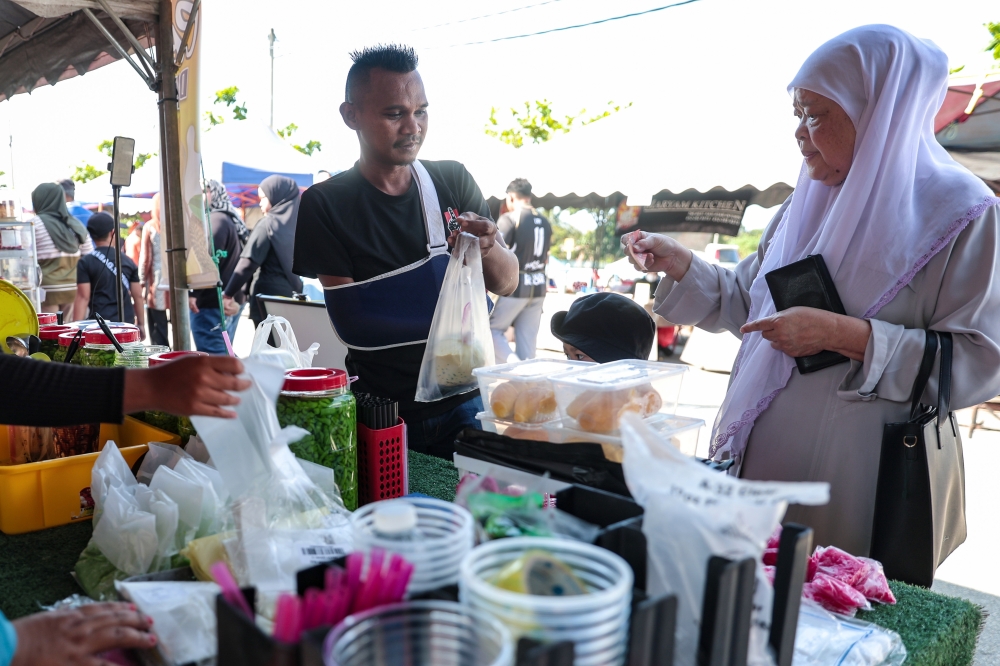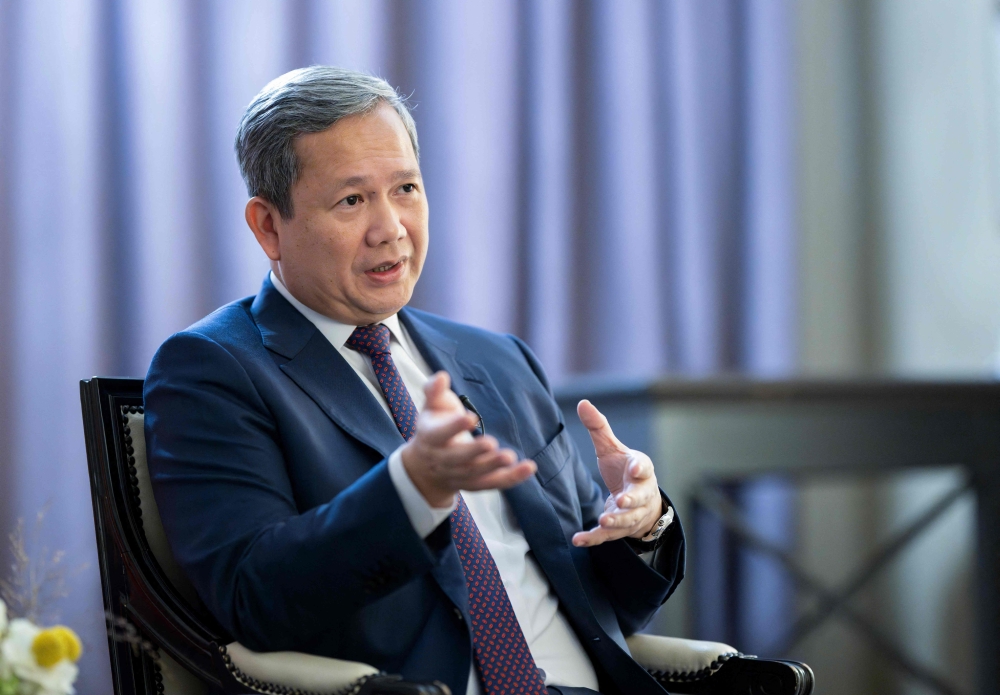From ‘nasi kandar’ to ‘char kue kak’, Penang serves up 10 iconic dishes for National Heritage recognition

BUKIT MERTAJAM, Oct 7 — Penang has nominated 10 of its traditional dishes to the National Heritage Department for recognition as National Heritage, as part of the efforts to preserve the state’s rich culinary legacy.
State Tourism and Creative Economy Committee chairman Wong Hon Wai said the dishes are nasi kandar, pasembor, char kue kak, mi hokkien, mi jawa, oh chien, mi udang, mi sotong, kerabu bihun, and roti benggali.
“The nomination was recently submitted to the National Heritage Department and is undergoing evaluation before the dishes are officially recognised as National Heritage.
“This gazettement effort is vital, not only to preserve the state’s culinary heritage passed down through generations, but also to ensure Penang’s world-renowned gastronomy continues to be protected, promoted and celebrated for future generations,” he said.
He spoke to reporters after officiating the Intangible Cultural Heritage Conference at Universiti Teknologi MARA (UiTM), Permatang Pauh campus here today. National Heritage Department director-general and Heritage Commissioner Mohamad Muda Bahadin was also present.
Wong expressed hope that more of Penang’s traditional food will be recognised as National Heritage under the National Heritage Act 2005.
Meanwhile, Mohamad Muda said the 10 dishes have passed the expert committee’s evaluation and will be declared as National heritage soon.
“Among the criteria assessed is that the dish must still be produced by the local community in the state. Most importantly, when recognising a heritage food, it is the community itself that plays a vital role in keeping the dish alive,” he said.
According to him, 213 traditional dishes from various states and ethnic groups in Malaysia have been recognised as National Heritage, including char kuetiau, kuih angku, pulut tekan with seri kaya, laksa, pie tee, and gerang asam.
Themed “Upholding Culinary Heritage”, the biennial two-day conference, organised by the department, serves as a platform for experts, government agencies, academics, industry players, and communities to share insights and ideas on safeguarding Malaysia’s intangible cultural heritage. — Bernama
[Source: Malay Mail]





















































